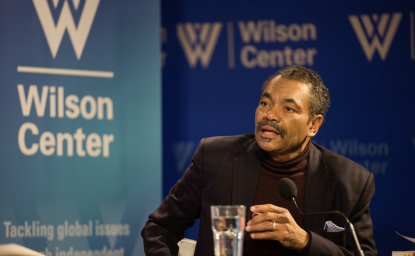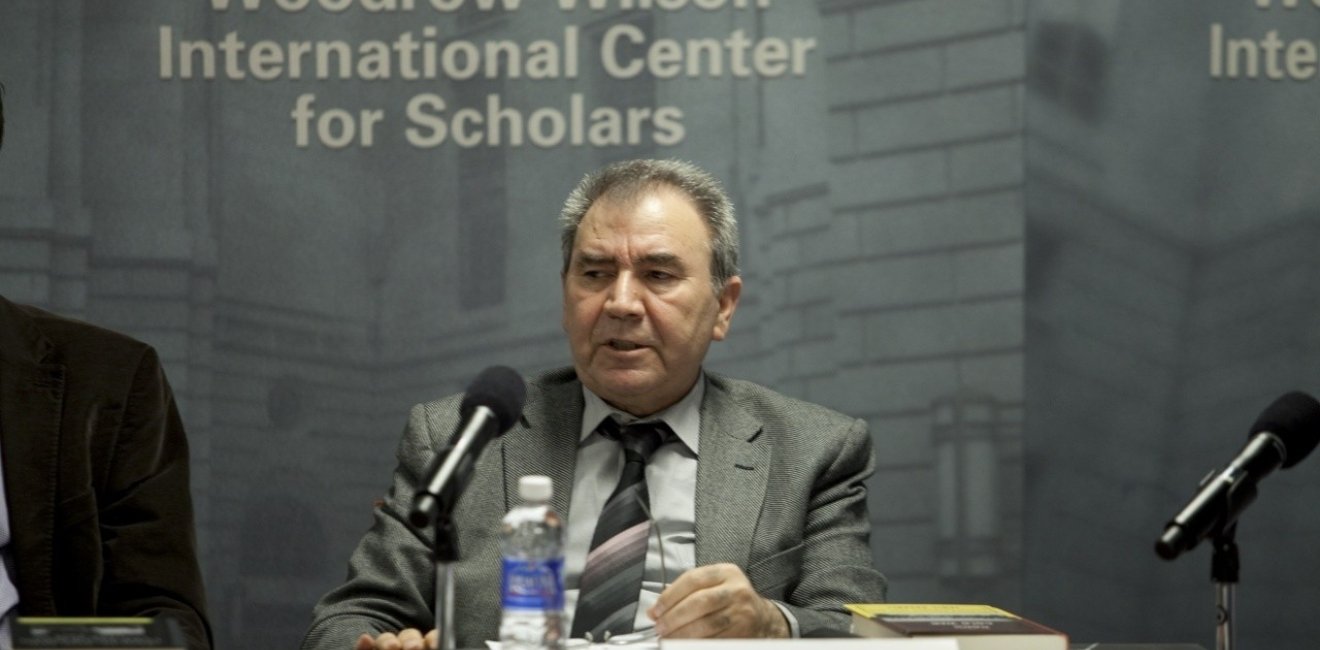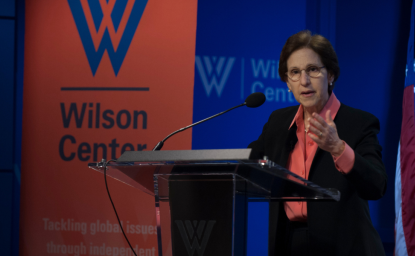
A blog of the Wilson Center
Dr. Jamil Hasanli is an Azerbaijani historian, author, and politician. He was a History and Public Policy Scholar at the Woodrow Wilson Center in 2011, and also the 2015 recipient of the Ion Ratiu Democracy Award. He served two terms as a member of the Azeri Parliament from 2000-2010. Dr. Hasanli was a professor at Baku State University from 1993 to 2011 and Khazar University from 2011 to 2013. Q&AQ: In 2018, your book Leadership and Nationalism in Azerbaijan was published. What is the book about?This book tells the story of Ali Mardan bey Topchibashov, a famous figure in Azerbaijan’s history. He acted as the leader of Russian Muslim peoples and Caucasian émigrés in various periods of his life, defining the direction of historical processes. The first Russian revolution of 1905 linked him to the popular movement toward independence. He pursued this honorable mission with devotion until the end of his life. He was one of the creators of an independent Azerbaijan. He became the first head of Azerbaijan’s parliament and led the Azerbaijani delegation to the Paris Peace Conference. Ali Mardan bey attracted the interest of many scholars during his lifetime. When Azerbaijan regained its independence in 1991, the name of this great man who had long been stigmatized by the Soviets came back to his native land with honor and respect. Q: Your books have been printed in several languages, including Azeri, Turkish, Russian, Persian and English. What is the central theme that you want readers to take away after reading your books?The main central theme of my research (book) is the history of the early cold war in the Middle East. This is the Iranian, Turkish and East Turkestan crisis of the cold war. All these three directions are directly related to the Soviet policy on the southern border of the USSR. In addition, some of my book is devoted to the history of Azerbaijan, the history of the South Caucasus and the history of liberalism in Azerbaijan in the 20th century. All these studies were prepared on the basis of archival materials and a new direction for western historiography.
Q: Do you have any upcoming projects or other future plans you can tell us about?The planned publication of my manuscript "Soviet Policy in Xinjiang: Stalin and the Muslim Movement in Eastern Turkestan" in the Harvard Cold War Book Series. My five-month research program in Washington is expected to begin in the fall, and I will be working closely with the Wilson Center at that time.
Author

Former Member of the Parliament, Republic of Azerbaijan

History and Public Policy Program
A leader in making key foreign policy records accessible and fostering informed scholarship, analysis, and discussion on international affairs, past and present. Read more

Explore More in Scholar & Alumni Spotlight
Browse Scholar & Alumni Spotlight
Olufemi Vaughan: Shaping Governance Through Scholarship and Dialogue

Dr. Maurice Jackson: The Sounds of Resistance Throughout History


